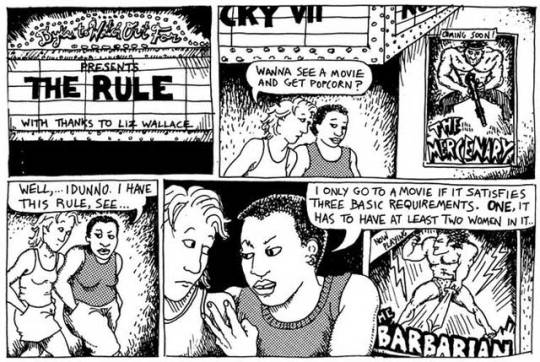Thus when I ask you to write more books I am urging you to do what will be for your good and for the good of the world at large. How to justify this instinct or belief I do not know … What is meant by “reality”? It would seem to be something very erratic, very undependable – now to be found in a dusty road, now in a scrap of newspaper in the street, now a daffodil in the sun. It lights up a group in a room and stamps some casual saying. It overwhelms one walking home beneath the stars and make the silent world more real than the world of speech – and then there it is again in an omnibus in the uproar of Piccadilly. Sometimes, too, it seems to dwell in shapes too far away for us to discern what their nature is. But whatever it touches, it fixes and makes permanent. This is what remains over when the skin of the day has been cast into the hedge; that is what is left of past time and of our loves and hates. Now the writer, as I think, has the chance to live more than other people in the presence of this reality. It is his business to find it and collect it and communicate it to the rest of us. So at least I infer from reading Lear or Emma or La Recherche du temps perdu. For the reading of these books seems to perform a curious couching operation on the senses; one sees more intensely afterwards; the world seems bared of its covering and given an intenser life… So when I ask you to earn money and have a room of your own, I am asking you to live in the presence of reality, an invigorating life, it would appear, whether one can impart it or not.
-Virginia Woolf, A Room of One’s Own


